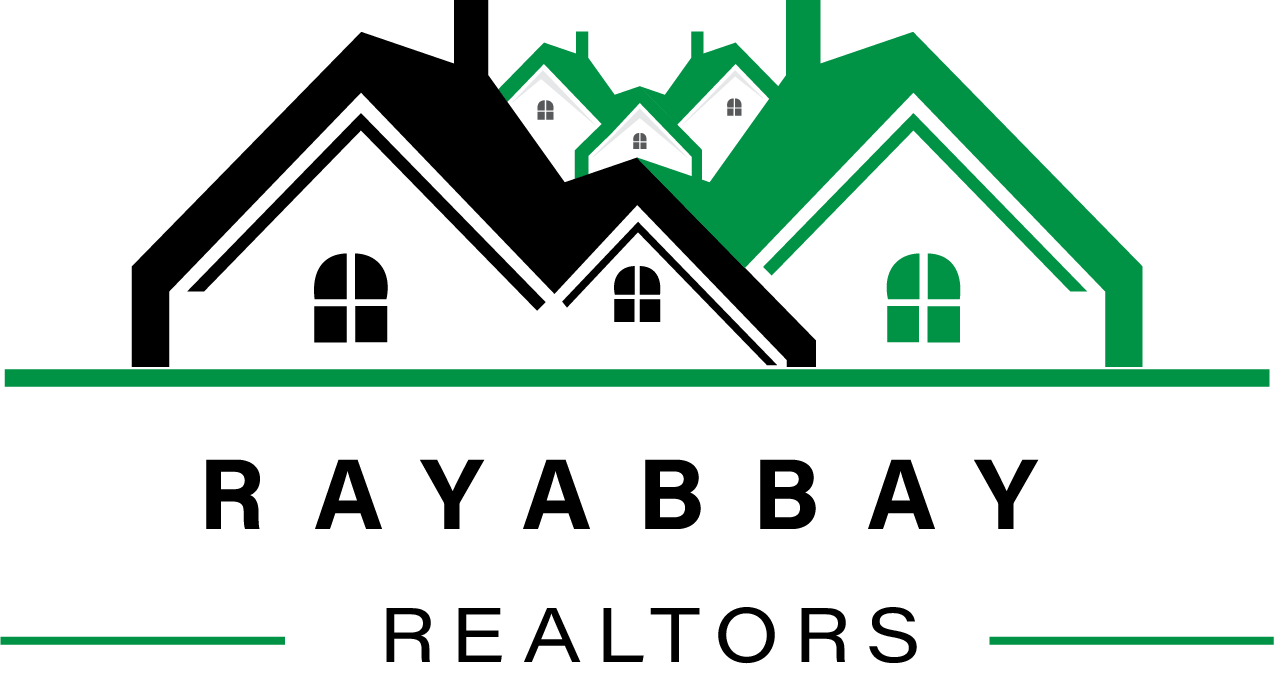Navigating the current real estate market and calculating options

Choosing to purchase a home is a big financial decision, and timing is key. Because the real estate market is dynamic and always changing, prospective buyers are frequently faced with the decision of whether to act now or wait for a better opportunity. We'll look at the variables affecting your choice and offer advice on how to efficiently weigh your alternatives.
Current Market Trends
Begin by researching the current trends in the real estate market. Look for patterns in property values, interest rates, and market activity. A buyer's or seller's market can greatly impact your decision. In a buyer's market, prices may be more negotiable, while a seller's market might see increased property values. Stay informed about local and global economic factors that could influence the market in the coming months.
Interest rates and financing opportunities
Interest rates play a pivotal role in the affordability of a property. Research the current interest rate environment and consider consulting with financial experts to anticipate any potential changes. Lower interest rates can make homeownership more accessible, but they may also fluctuate over time. Assess your financing options, explore mortgage rates, and calculate the long-term impact on your monthly payments.
Property inventory and availability
Examine the current inventory of available properties in your desired location. Low inventory can lead to increased competition and potentially higher prices. On the other hand, a surplus of properties may give buyers more negotiating power. Keep an eye on new developments, upcoming projects, and any signs of shifts in supply and demand.
Economic stability and job market
The overall economic stability of your region and the strength of the job market are critical factors in the decision-making process. A stable economy and robust job market can contribute to a favorable real estate environment. Conversely, economic uncertainties may warrant caution. Evaluate the current economic indicators and assess the potential impact on your financial stability.
Personal financial readiness
Calculate your own financial readiness for homeownership. Consider your credit score, debt-to-income ratio, and the stability of your income. Create a comprehensive budget that includes not only the purchase price but also ongoing costs such as property taxes, maintenance, and utilities. Assessing your financial preparedness ensures a realistic and sustainable investment.
Conclusion
The decision to buy a property is nuanced and depends on a multitude of factors. By carefully analyzing current market trends, interest rates, property availability, economic stability, and your personal financial readiness, you can make an informed decision. Utilize online tools, consult with real estate professionals, and stay proactive in monitoring changes in the market to ensure you calculate your options effectively. Remember, the key is not just about when to buy, but when it makes the most sense for your unique circumstances.
